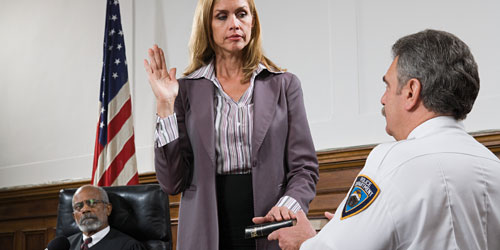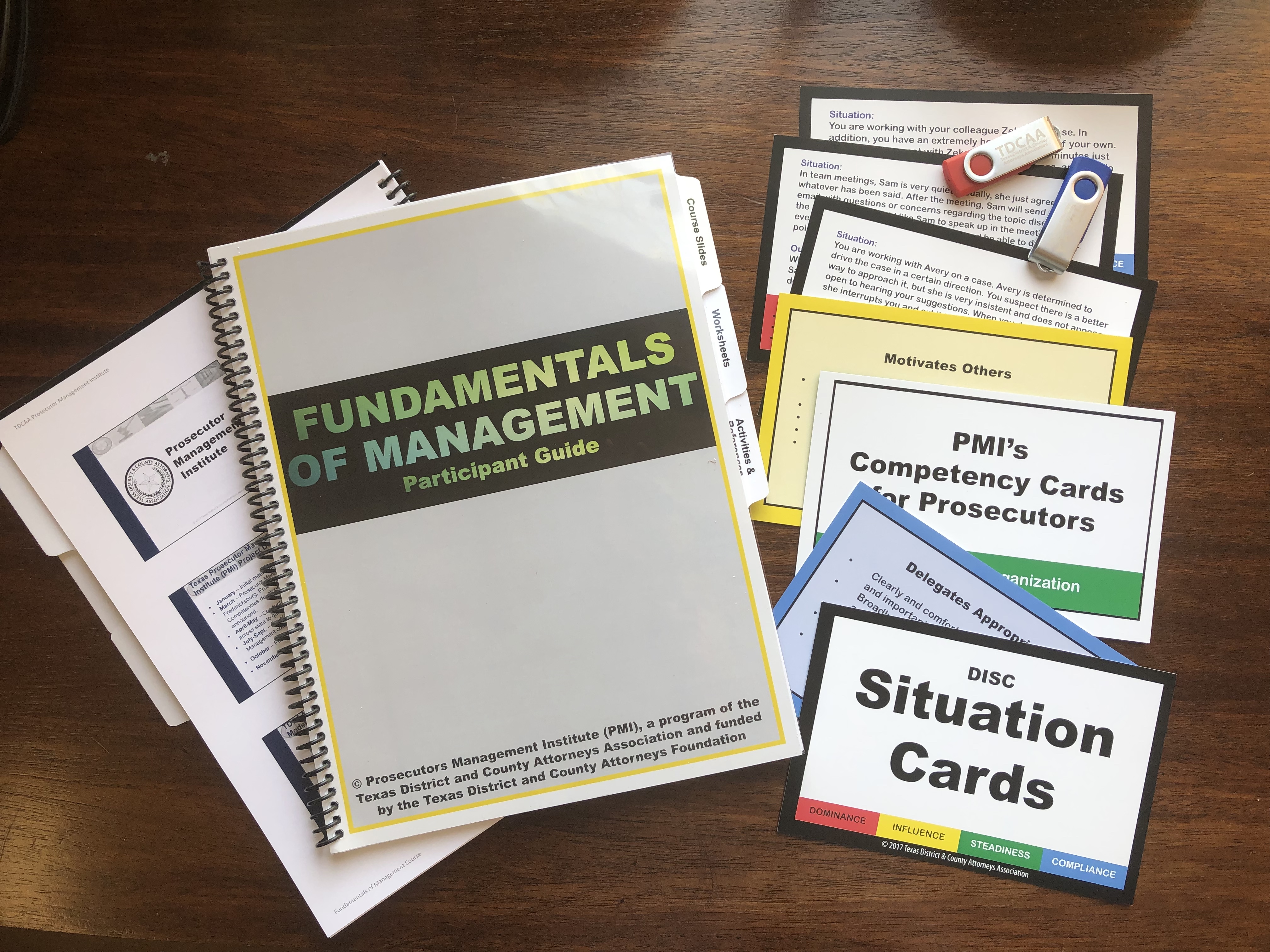Where to begin? Since our last update on Thursday, the attorney general was impeached, House-Senate acrimony reached a fevered pitch over several high-profile issues, both chambers adjourned yesterday after failing to come to an agreement on several of the governor’s emergency issues for this session, and within three hours the governor had called them back for the first of what he promises will be several special sessions. It’s enough to make your head spin.
Impeachment trial
We’ll refrain from detailing the historic impeachment events of the past week; there are plenty of other media sources you can access to get up to speed on your own time. For the purposes of these updates, though, what is important is the interplay of the Senate impeachment trial with future lawmaking opportunities. There is little historical precedent for us to go by, but here are some things to keep in mind over the summer.
Before they adjourned sine die yesterday, it was announced that senators will convene on Tuesday, June 20 to establish the rules for the impeachment trial (which are entirely up to their own choosing), and the trial itself will start no later than August 28, 2023. The special committee of senators tasked with recommending those rules and procedures were announced yesterday and can be found HERE. We also know the composition of the House Board of Managers, a group of twelve House members (7 Rs, 5 Ds) who will conduct the prosecution of the impeachment trial in the Senate. That trial will feature witnesses testifying under oath who will be subject to questioning from the House managers and Paxton’s defense team, but beyond that, the rules and procedures will be entirely up to the Senate to determine at the end of June.
When the Senate convenes for an impeachment trial outside the timeframe of a regular session—either at the call of the governor or upon its own motion—the body sits as a quasi-judicial body and is generally not empowered to pass legislation. (And the House itself need not re-convene, so there wouldn’t be a second chamber to approve anything the Senate did pass.) However, if half the legislature is already going to be in Austin for a multi-week proceeding, it may make sense to the governor to also put them all to work on his pet issues.
Special session(s)?
And why would the governor reconvene the legislature for non-impeachment purposes? For starters, most of his emergency issues failed to pass during the regular session. Of the seven priorities he laid out in early February, only bills on school safety, fentanyl, and limiting pandemic restrictions crossed the finish line. The House and Senate could not find common ground on cutting property taxes, school choice/vouchers, border security, or bail reform—those last two being items that will directly impact your work if they pass during a special session. Furthermore, the fight over school choice/vouchers also resulted in the collateral death of bills to increase school funding and give raises to teachers, so those are additional topics ripe for revisiting in any special session. However, opposition to the school choice/voucher issue by many public education groups makes it politically unwise for the governor to ask the legislature to take up that issue during the summer, when teachers and administrators are free to come to Austin and vocalize their opposition in person. Therefore, many capitol observers expect the governor wait until August or September to ask the legislature to tackle school choice/vouchers again, after educators have returned to work and are no longer able to participate in legislative discussions in person.
Note also that the lieutenant governor had a robust list of 30 priority issues and almost half of them failed to pass, including bills disciplining “rogue judges” or imposing a 10-year minimum sentence for certain gun crimes. To what extent those will appear on any call of a special session is unknown.
88-1: First Called Session
Last night, the governor issued a proclamation immediately calling legislators into a First Called Session (“called session” being the official name for a special session, which is usually abbreviated as “88-1 CS” to distinguish bills filed during that session from regular session bills [“88RS”].) The clock on this overtime session started last night around 9:00 p.m. and runs for a maximum of 30 days—although legislators can adjourn themselves sine die at any time before then.
The governor’s proclamation calling legislators back to work mentions a laundry list of recently passed bills that the governor says he will soon sign into law—including one to “hold rogue district attorneys accountable” [HB 17]—but then says that “several special sessions” will be required to pass other “critical items.” For this first called session, the initial two agenda items are:
- cutting property taxes, and
- increasing/enhancing penalties for human smuggling-related crimes.
That last bit is probably a reference to HB 800 (88RS) by Guillen/Flores, which (among other things) would have imposed 10-year minimum sentences for various smuggling-related offenses—including smuggling of persons, which also has a 10-year maximum. This idea of mandatory minimum penalties for human smuggling became a priority of the governor after he tweeted about it in December (here), then again in April (here) and May (here). However, those tweets were not enough to pass the bill, which died at the end of the session due to the opposition of House Democrats. Now that process starts again, and we expect a new bill (with a new number) to be filed any day now.
Finally, keep in mind that a governor can add issues to a special session at any time. However, he cannot extend the 30-day maximum for a called session. Instead, he gets to call as many special sessions as he wishes. So, those of us who have to follow this circus in person must prepare ourselves for this to become our summer of discontent.
Other dead bills of interest to you
As we look back to this weekend, other bills that failed to cross the finish line before sine die included SB 21 by Huffman/Leach (“rogue judge” sanctions), HB 2779 by Leach/Huffman (judicial pay raises), and HB 3452 by Jetton/Huffman (judicial conduct commission sanctions)—the first two of which Rep. Leach (R-Plano) refused to bring to the House floor for final approval due to opposition from segments of the judiciary, and the latter of which the House voted down due to similar opposition. As a result, there will be no third tier pay raise for the judicial branch from this regular session.
We have been told that the judges—a vocal group of whom rejected a 10-percent third tier pay raise issue during the regular session by insisting upon an unprecedented 23-percent across-the-board pay raise—are going to ask the governor to add judicial compensation to a special session. However, that issue did not make the governor’s first cut, and adding it to a special session does nothing to change the nature of the impasse. If you recall, we went into the recent regular session telling you that such a raise was highly unlikely, and our prediction proved accurate. But for reasons still unknown to us, a sizeable segment of the judiciary was apparently operating under the assumption that large, across-the-board pay raises were a lead-pipe cinch this session, and as a result, they found a way to snatch defeat from the jaws of a partial victory at the end of the session by refusing to accept a compromise due to their own wishful thinking. Ultimately, those judges may have learned a lesson about wishful thinking at the legislature that was taught to us by a good friend: “Wish in one hand and spit in the other and see which one fills up first.” (OK, it wasn’t “spit,” but we are trying to keep this a family-friendly production.)
Funding updates
But enough with the sour grapes! Let’s focus on some positive news. For starters, all three priority issues identified before the session by TDCAA’s Compensation Committee are heading to the governor to become law. They include:
Pay parity: Making certain elected felony prosecutors eligible for a 5-percent salary increase after 12 years of service, in a manner identical to that currently enjoyed by the judges, passed twice: Via SB 2310 by Hinojosa/Smith, and as part of the larger judicial branch omnibus bill, HB 3474 by Leach/Hughes.
Cross-credit for elected prosecutors and judges: The language granting elected judges and prosecutors credit for their service in the other role is also part of HB 3474 by Leach/Hughes. (That’s a massive bill to read, so for a simpler version, check out the proposed changes to Government Code Chapter 46 in the text of HB 2734 by Murr, which was the stand-alone cross-credit language rolled into the omnibus bill before its final passage.)
Rural prosecutors grant funding: Annual six-figure personnel grants to prosecutors in jurisdictions with a population of less than 300,000 passed as SB 22 by Springer/Guillen. This bill will roughly double the amount of annual funds the State of Texas provides for local criminal prosecutions, and along with the funds provided for local sheriffs and constables, it can truly be called a “game changer” for local public safety going forward.
The success of these priority issues would not have been possible without the leadership, organizational efforts, and time commitments of TDCAA Legislative Committee co-chair Jennifer Tharp (Comal County CDA), TDCAA Compensation Committee chair Staley Heatly (46th Judicial DA), and the members of those committees who got those bills filed and who sacrificed their time to testify for those bills and shepherd them through the legislative process. Well done!
One final word here: We are already receiving inquiries about the personal salary impacts of all this legislation. For starters—the bills have not been signed into law yet! So please, we are happy you are excited, but maybe tap the brakes on that for a minute. And even if signed, the bills don’t take effect until September. Now, that being said, we are happy to try to answer those questions for you, but please, PLEASE read the bills for yourself before calling us. If you don’t, we are going to ask you do that before we try to answer your question(s) because: 1) you may be able to answer your question for yourself, and 2) we can’t explain the impact of these different bills unless you have a basic understanding of what each of them does. Thanks in advance!
Prosecutor accountability
A compromise version of HB 17 by Cook/Huffman passed both chambers and now awaits the governor’s imminent signature. Most of the final enrolled bill mirrors the negotiated language initially passed by the House, with an additional prohibition against instructing assistant prosecutors or outside law enforcement agencies or officers to refuse to enforce or arrest for a class or type of criminal offense. Read the final enrolled version for all the details.
While none of you were probably eager to have a new ground of removal added to that current statute, we think it’s fair to say that this bill reflects a measured approach to the problem that avoids many of the potentially negative collateral consequences that other legislation posed, and once again, that successful outcome is entirely due to the hard work of those prosecutors who came to Austin to work tirelessly on this issue this session. Good job and good effort, everyone!
New laws
As the dust settles, the early quantitative results for the 88th Regular Session look like this:
Bills filed: 8,576
Bills sent to governor: 1,354 (15.8% passage rate)
Tracked bills filed: 1,795 (21% of total)
Tracked bills sent to governor: 260 (14.5% passage rate)
One initial observation is that, while the 88th Legislature filed more bills than any other in history, the final output of passed bills was in line with most (non-pandemic) sessions. It will take us about a month to summarize all of the relevant new laws for our Legislative Update book and related publications—not counting anything added during a special session—so check our website in the coming weeks for more information about those updates.
As for tracked bills, most new laws don’t take effect until September 1, 2023, but a few take effect immediately upon being signed. Here are some of the “immediate effect” bills that have already been signed into law:
HB 1161 by Meyer/Parker (OAG address confidentiality program), eff. May 24, 2023
SB 423 by Paxton/Wilson (use of drones by Texas military forces), eff. May 19, 2023
SB 435 by Middleton/Bonnen (victims’ access to evidence in murder cases), eff. May 24, 2023
SB 1180 by Perry/K. King (lawsuits by civilly committed offenders), eff. May 24, 2023
SB 1325 by Alvarado/Goodwin (notice given to family violence victims), eff. May 13, 2023
SB 1413 by Johnson/Frazier (removal of personal property from right-of-way), eff. May 27, 2023
Sent to the governor
Other bills on the governor’s proverbial desk or headed that way include:
HB 3 by Burrows/Nichols on school safety
HB 30 by Moody/King closing the “dead suspect loophole” in the Open Records Act
HB 4635 by Guillen/Flores creating civil and criminal penalties for racketeering
SB 12 by Hughes/Shaheen criminalizing certain sexually suggestive gestures in the presence of anyone under 18 years of age
SB 991 by Hinojosa/Leach creating a DPS crime lab discovery portal
SB 1445 by Paxton/Goldman, the TCOLE sunset reauthorization bill
SB 1727 by Schwertner/Canales, the TJJD sunset reauthorization bill
SB 1893 by Birdwell/Anderson banning TikTok and related apps from state and local government devices
If you know of a bill sent to the governor that you want to support or oppose before it becomes law, contact Shannon for more details on how to do that effectively. The governor has 20 days after sine die to consider whether to sign or veto bills passed in the final 10 days of a session—which is the vast majority of them. This year, that veto deadline falls on Sunday, June 18 (Father’s Day). To date, Governor Abbott has already vetoed one tracked bill sent to him this session, but more are sure to follow.
Legislative Update CLEs
Based on the success of our pandemic-induced change from in-person Legislative Update CLEs to online presentations in 2021, TDCAA will once again be offering this popular course online. Although we will miss seeing many of you in person, we received overwhelmingly positive feedback in 2021 from remote attendees who appreciated the greater flexibility provided by offering this training online. Keep checking our Training webpage for details on when that online course will become available in August 2023.
For those of you who prefer in-person training, we will offer a live Legislative Update presentation on Tuesday, September 19, in Round Rock in conjunction with our Annual Criminal & Civil Law Conference being held that week at the Kalahari Resort and Convention Center. Again, check our Training webpage for the latest information.
Scattershooting
Here are some recent stories you might’ve missed:
- “Texas House appoints impeachment managers in case against Attorney General Ken Paxton” (KUT News)
- “The regular Texas legislative session started with a record budget surplus and ended with an impeached attorney general” (Texas Tribune)
- “Texas bill clamping down on ‘rogue’ district attorneys heads to Gov. Greg Abbott’s desk” (Houston Chronicle)
Quotes of Sine Die
“We expect, as this committee has thoughtfully engaged in the process with the highest level of integrity, that the individuals on the other side would realize dropping a binder [of defense evidence] on your potential jurors could be considered tampering or attempting to interfere with a lawful process. We are grateful that the lieutenant governor and the other senators so far have put out statements acknowledging that they individually will take this seriously and are going to behave in a manner that jurors will.”
—State Rep. Ann Johnson (D-Houston), vice-chair of the House General Investigating Committee, in response to news that anonymous members of Ken Paxton’s defense team delivered a binder full of information to each state senator soon after the House impeached him.
“Also: Never believe it if anyone says ‘oh it’ll be a short special session with a narrowly focused agenda.’ The 30-day special session that led to @wendydavis’ filibuster started out as what was sold as a 3 day special session on redistricting. #txlege“
—Tweet by Scott Braddock, editor of the Quorum Report.
BONUS: You may click HERE for a PDF version of the traditional end-of-session parody “Loco and Dissent” Calendar. (The legislative media outlet Quorum Report distributes this after every session with the caveat that “it is often racy and profane” and “the contents belong to anonymous writers, who session after session seem to capture what the entire community was mocking privately all along.” Much of the contents are inside jokes, but it may give you greater insight into what happened this session and why. Enjoy.)
###



